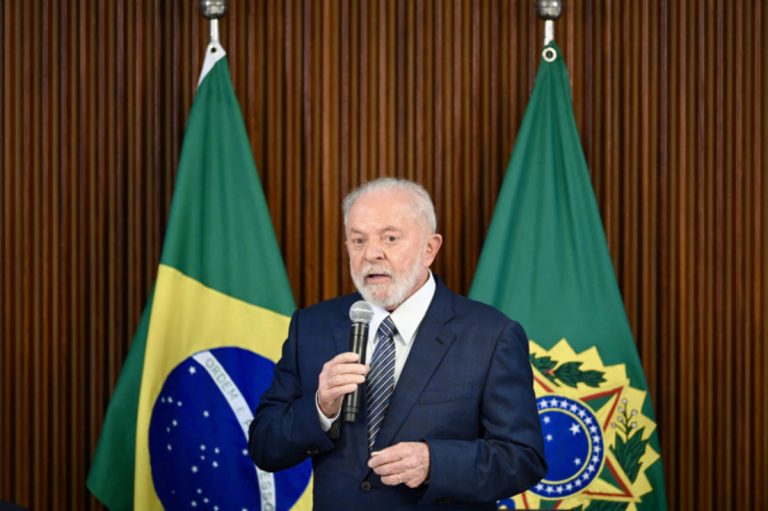🎧 Listen to This Article
In a move aimed at easing the financial burden on lower-income workers, Brazil’s government has increased the individual income tax exemption threshold to align with this year’s minimum wage increase. The change, signed into law by President Luiz Inácio Lula da Silva on Monday via an executive order, is set to take effect in May 2025 and will cost the government an estimated 3.29 billion reais ($561 million) in lost revenue.
Updated Income Tax Exemption Threshold
Under the new decree, Brazilians earning up to 3,036 reais per month will be exempt from paying income tax, up from the previous threshold of 2,824 reais. This increase reflects the country’s adjustment to this year’s minimum wage hike, which aims to provide financial relief to low-income earners.
This change is a part of President Lula’s broader economic strategy, aligning tax policy with rising wages and providing an economic cushion for many Brazilians who are struggling with rising costs of living. The increase in the exemption threshold is expected to help millions of taxpayers by alleviating tax burdens on those earning at or just above the minimum wage.
Government’s Projected Revenue Loss
The Finance Ministry has estimated that the increased exemption will result in a 3.29 billion reais revenue shortfall for the federal government this year. However, the Ministry has also indicated that any required compensatory measures to offset this lost revenue will be addressed in the bimonthly revenue and expenditure report, which is scheduled for release in May.
The Brazilian government is keen on maintaining a zero primary deficit target for 2025, meaning that any deficit resulting from tax policy changes will need to be carefully managed. Adjustments to government expenditure and potential new revenue measures will be considered to maintain fiscal balance.
A Part of Lula’s Broader Tax Strategy
The Lula administration had signaled its intent to maintain the income tax exemption at two minimum wages for the year. While this provision was not included in the official 2025 budget law, the executive order ensures that the threshold reflects the current minimum wage adjustment.
Earlier discussions from the government’s economic team suggested that additional compensation would be necessary to meet the revenue targets outlined in the fiscal plan. Robinson Barreirinhas, the Tax Revenue Secretary, had noted last year that the provision would require compensatory measures to ensure fiscal balance.
The government has also introduced a proposal in Congress to further increase the income tax exemption level to 5,000 reais starting in 2026. This proposal, however, is contingent on lawmakers’ approval and will be funded by new taxes on high-income earners as well as taxes on profits and dividends sent abroad.
Implications for Brazil’s Economy
While the immediate impact of the tax exemption hike will be a reduction in government revenue, the move is intended to provide a boost to lower-income Brazilians, many of whom will benefit from the tax break. This could help improve public sentiment towards the Lula administration, which has faced some economic challenges in recent months.
The broader tax policy proposal, which includes the exemption increase to 5,000 reais, could have significant long-term effects on Brazil’s tax structure. However, the success of this proposal will depend on the ability of the Lula administration to convince Congress to approve the necessary tax increases on higher earners and foreign profits.
A Step Toward Economic Relief
Brazil’s decision to increase the income tax exemption threshold is a response to the country’s evolving economic conditions and a commitment to protecting lower-income workers amidst inflation and rising living costs. The $561 million cost of this measure highlights the government’s priorities in fostering economic relief for Brazilians.
In the longer term, the government’s proposed increase in the exemption threshold to 5,000 reais reflects an evolving tax policy aimed at addressing inequality and boosting the economy by lightening the financial load on middle- and low-income earners. As the plan advances through Congress, its passage will mark a significant shift in Brazil’s tax landscape.
For further details, clarification, contributions, or any concerns regarding this article, please contact us at editorial@tax.news. We value your feedback and are committed to providing accurate and timely information. Please note that our privacy policy will handle all inquiries



